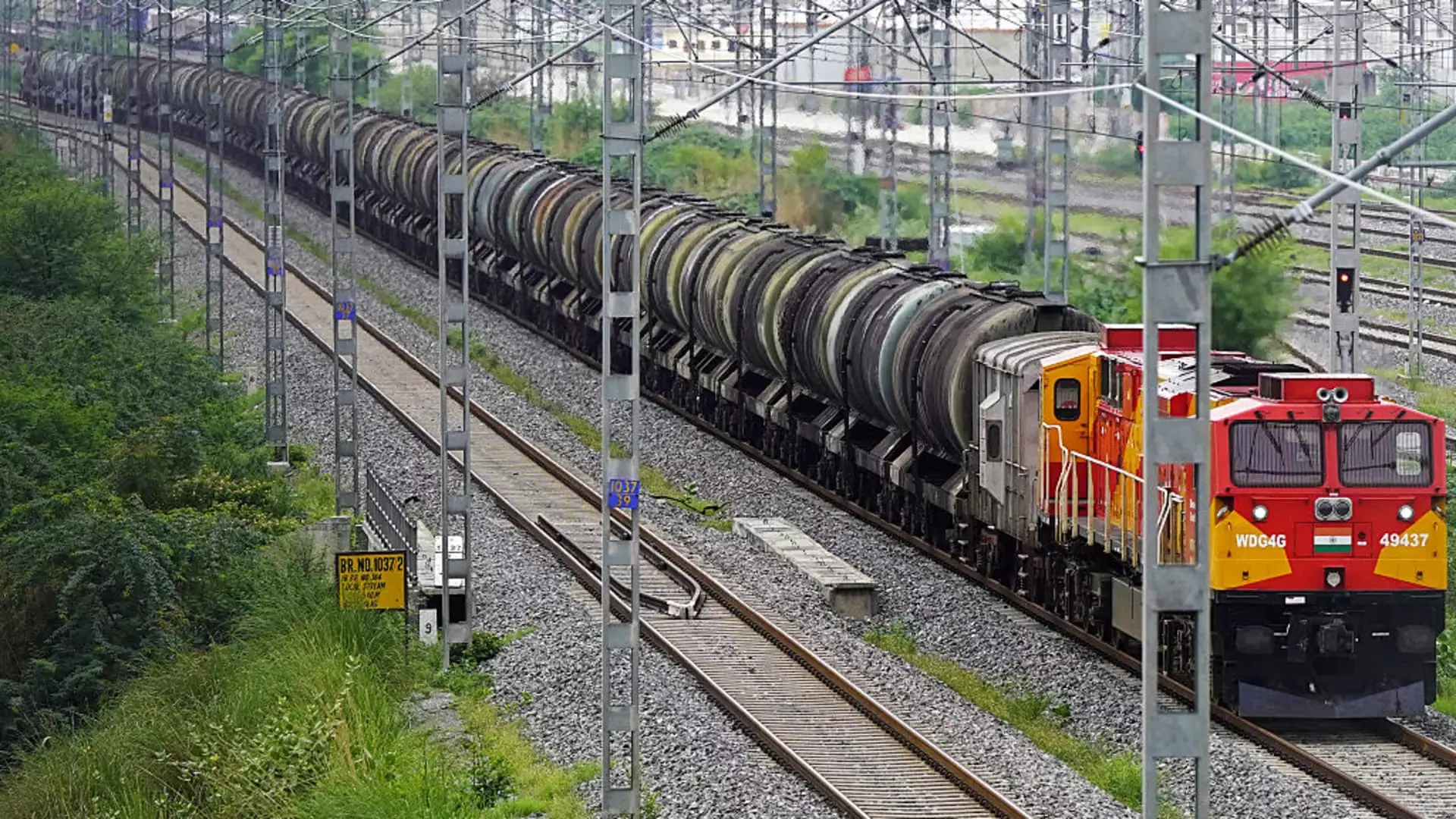At the heart of recent geopolitical debates is India’s ongoing import of Russian crude oil, a practice that critics like Peter Navarro dismiss as “opportunistic” and economically self-serving. However, labeling India’s actions as mere opportunism oversimplifies a complex web of strategic considerations, economic realities, and historical ties. India, navigating a delicate balance between global pressures and its own energy needs, operates within a framework that deserves greater nuance and understanding, rather than outright condemnation. The narrative that portrays India as a mere enabler of Moscow’s war economy ignores the country’s pressing energy security concerns, social stability, and its right to pursue independent foreign policy paths.
India’s energy strategy is motivated primarily by the necessity to ensure affordable and reliable fuel supplies for its burgeoning economy. The global energy market, destabilized by Western sanctions and the Ukraine conflict, has left India with limited options. Dismissing this pragmatic stance as “trusting” Russia or being complicit fails to appreciate the realpolitik of a developing nation that cannot afford to be hostage to idealistic embargoes. Therefore, the criticism flows from a Western-centric view that fails to acknowledge India’s sovereignty and its right to protect the welfare of its citizens amid external pressures.
Western Double Standards and the Politics of Hypocrisy
Navarro’s stern call for India to cease buying Russian oil is indicative of a broader pattern of Western double standards. The U.S., EU, and their allies have historically engaged in similar trade practices, often turning a blind eye when their strategic interests align with resource procurement from authoritarian regimes or conflict zones. The hypocrisy is glaring: Europe continued natural gas imports from Russia well into sanctions, and the U.S. itself trades with regions under authoritarian regimes for geopolitical advantage.
This selective morality undermines the credibility of Western sanctions and paints them as tools of influence rather than genuine efforts to promote peace and stability. By sharply criticizing India, Washington risks exposing its own contradictions and double standards, sparking a dangerous perception that energy and economic diplomacy are driven more by geopolitics than by moral consistency. Such hypocrisy inevitably fuels anti-Western sentiments and diminishes the moral authority of Western policies aimed at global governance.
Economic Realities versus Political Posturing
The economic implications of India’s continued engagement with Russian energy sources are often exaggerated or misunderstood. Critics argue that India’s reliance on Moscow contributes to prolonging the war, but they overlook the reality that energy markets are deeply interconnected and resilient. Multiple alternative sources could, in theory, replace Russian oil, but in practice, shifts take time and incur costs — economic, political, and logistical.
Furthermore, the narrative of India “caving” under Western pressure underestimates the country’s strategic autonomy. India has historically maintained an independent foreign policy, balancing relations with major powers, including Russia and the U.S. Moreover, the idea that India is sabotaging Western efforts raises questions about the efficacy and fairness of these Western-led sanctions. Is it not the global community’s responsibility to ensure that energy needs are met without resorting to punitive measures that disproportionately impact the global south? The insistence that India must completely abandon Russian energy supplies ignores how intertwined they have become with India’s national interests—especially when Western alternatives are not as accessible, affordable, or reliable.
Could a Middle Path Emerge? The Future of Global Alliances
Balanced, centrist liberalism advocates for pragmatic diplomacy over rigid ideological posturing. India’s situation exemplifies how the global community must adopt a nuanced approach that recognizes sovereignty, economic stability, and geopolitical realities. Divisive rhetoric risks alienating a critical partner during a period when international cooperation is paramount. Instead of chastising India openly, Western nations should explore collaborative solutions that address energy security and geopolitical stability simultaneously.
In doing so, they can foster a more inclusive, less hypocritical global order—one that respects the sovereignty of nations and recognizes their right to prioritize their citizens’ welfare without being judged through a Western-only lens. Ultimately, the challenge is not to impose moral ultimatums but to build resilient, adaptive partnerships that acknowledge the complexity of today’s geopolitics. Only then can the international community move towards genuine stability and fairness in a fractured world.


Leave a Reply